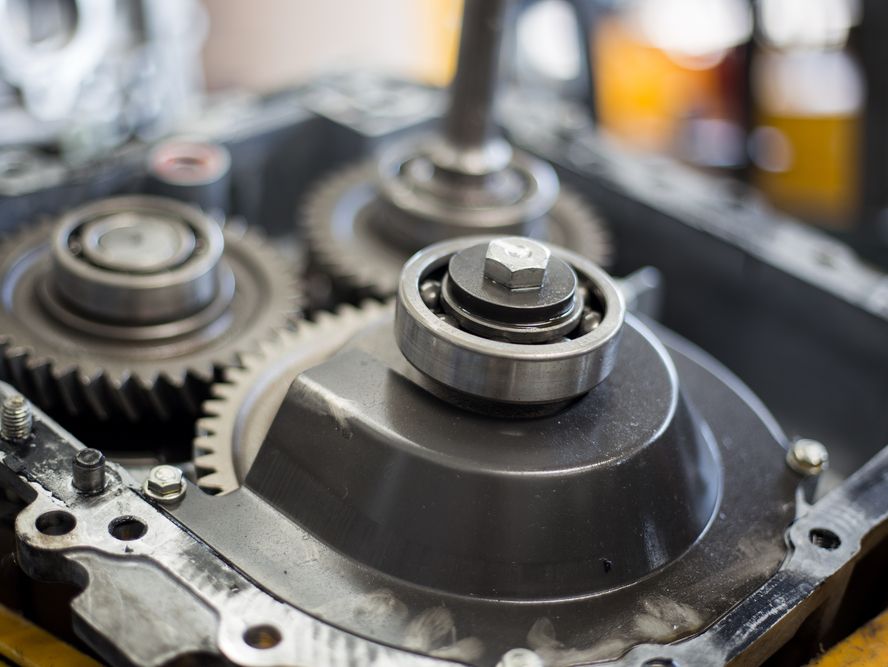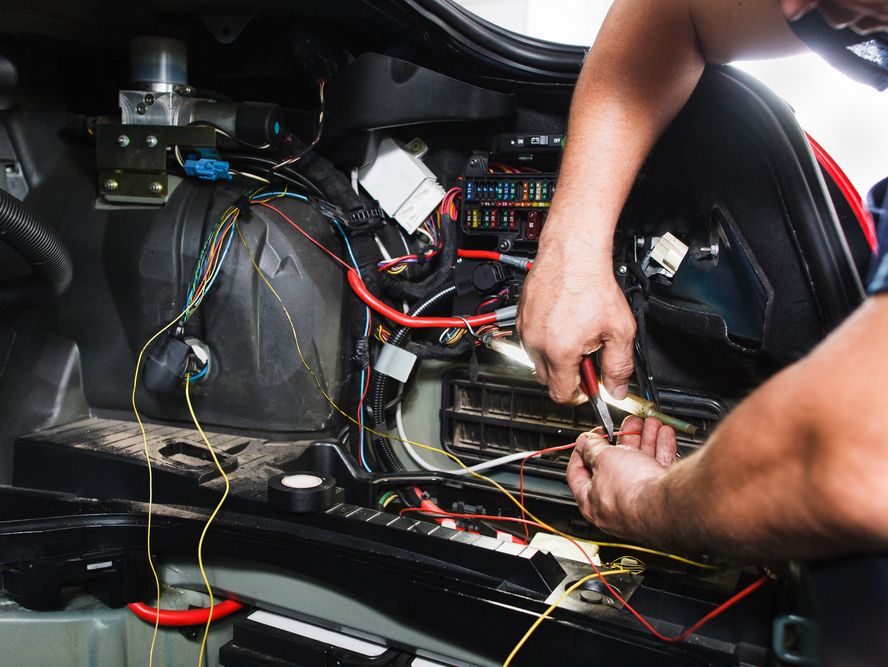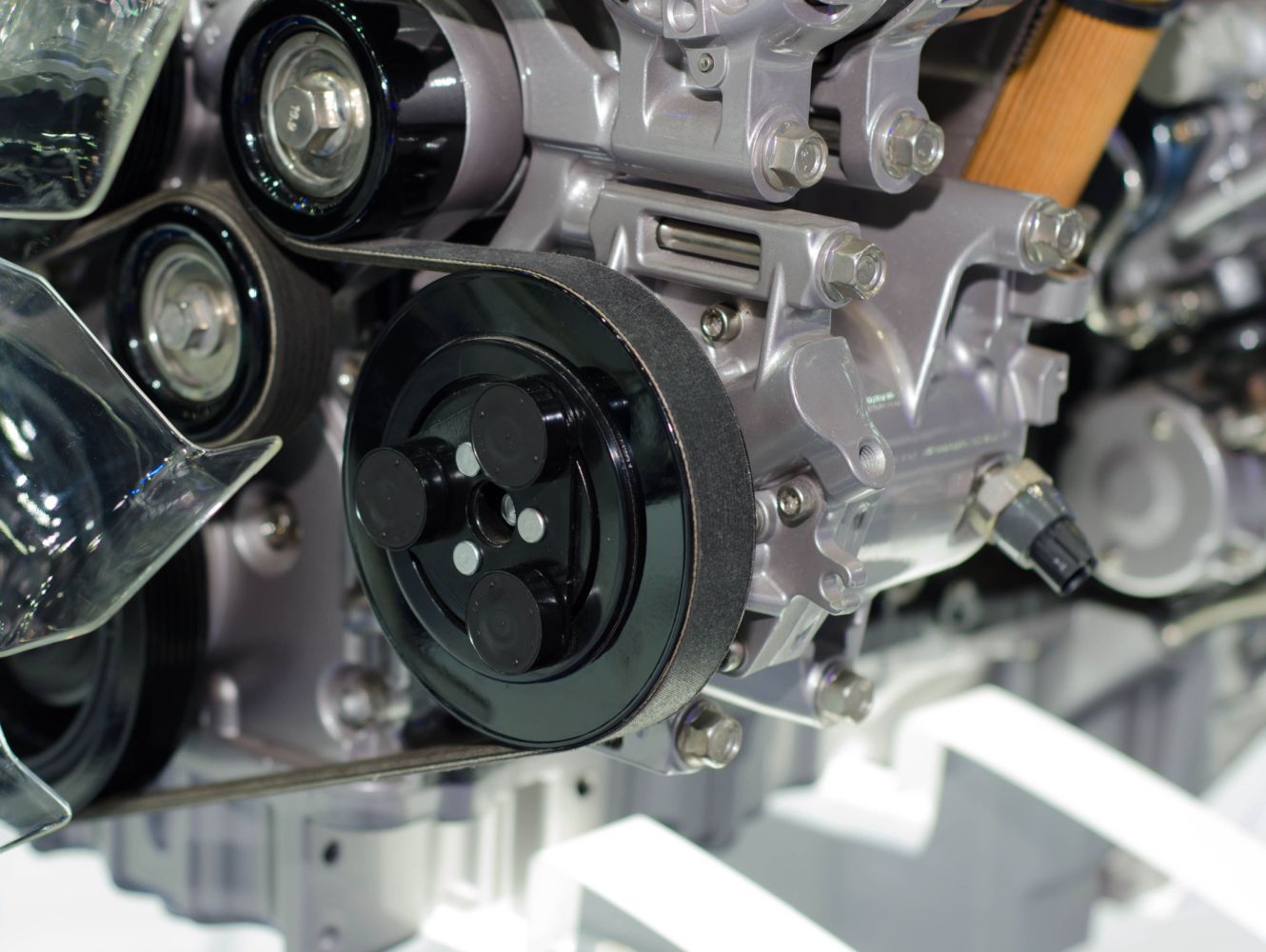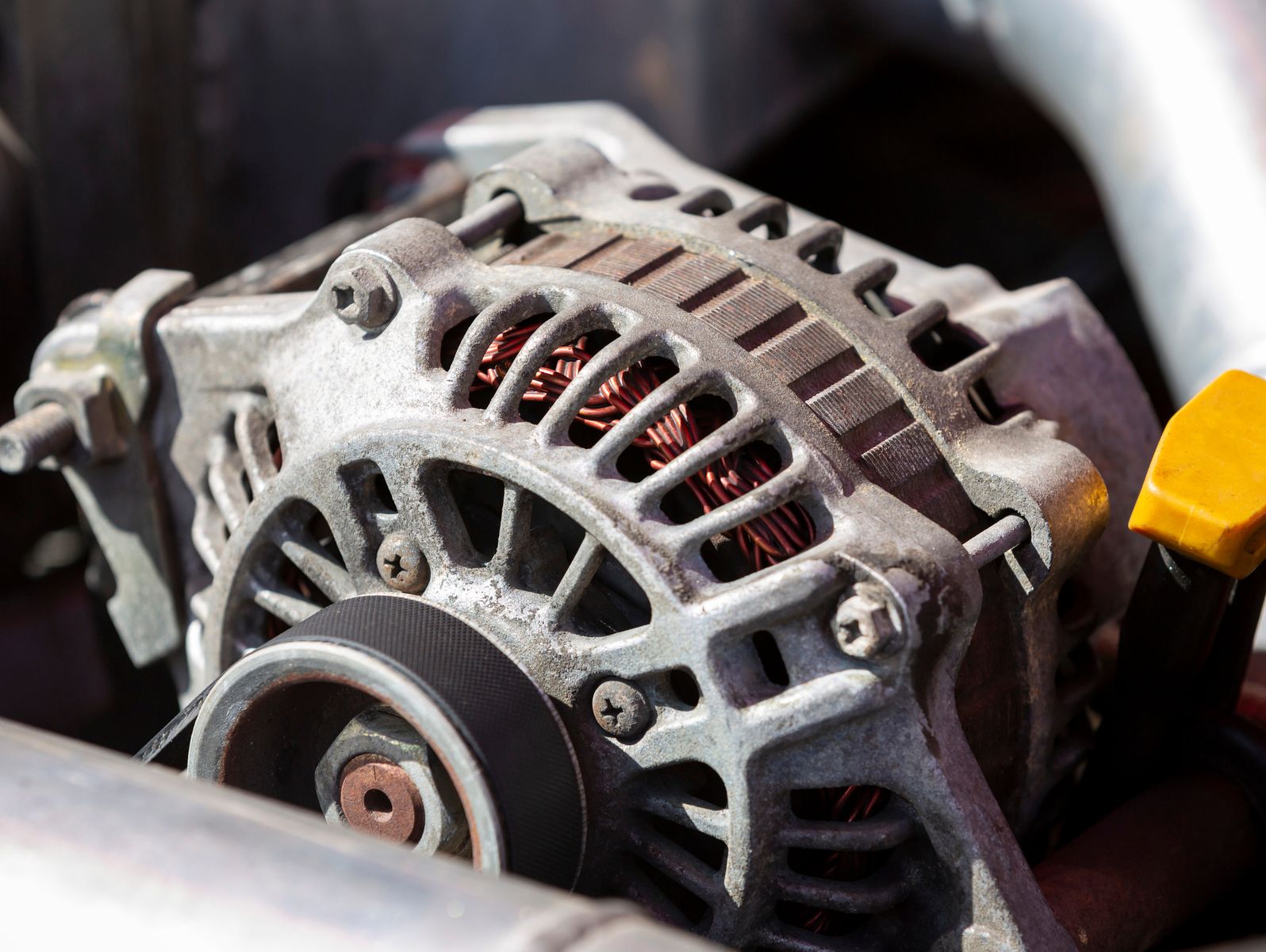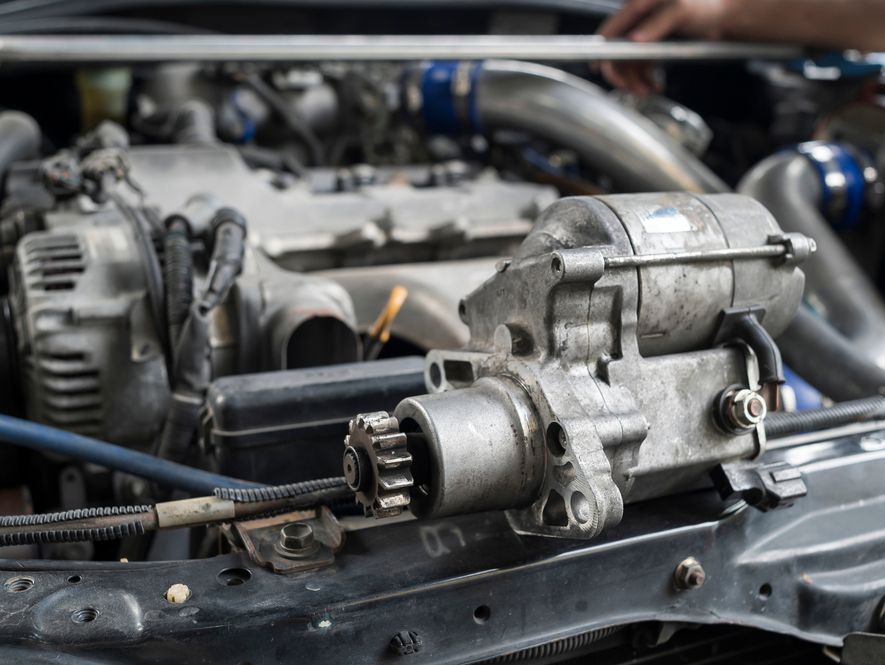At Moses Coffey Ltd., we supply clients all over Ireland with the best alternators. We, of course, offer customers a range of alternators for all kinds of vehicles. In this blog, we want to spotlight our forklift alternator, compatible with various brand-name forklifts, including Mitsubishi, Yale and Hyster. This alternator can be purchased directly in our online store.
Features of Our Forklift Alternator
- It has a high-temperature epoxy coating that protects it from heat and corrosion.
- It has a heavy-duty rectifier that converts alternating current (AC) into direct current (DC) and prevents voltage spikes.
- It has a high-quality regulator that controls the output voltage and current and ensures optimal charging performance.
- It has well-engineered bearings and high-temperature grease that reduce friction and noise and extend the service life of the alternator.
- It meets OEM standards for quality and fitment and comes with a test report and a performance curve.
This product is a well-engineered alternator that can handle the rigours of working within an engine compartment and provide reliable power for forklifts.
Features of the Forklift Alternator
1. Voltage: 14V
This indicates the electrical voltage output of the alternator, which is 14 volts. The alternator generates electrical power to charge the battery and supply power to the vehicle's electrical system.
2. Amp: 40A
This represents the alternator's current output, measured in amperes (A). In this case, the alternator can deliver a maximum current of 40 amperes.
3. Terminal: W
This specifies the type of terminal used for connecting the alternator in the electrical system. In this case, it's labelled as "W," the exact meaning may depend on the manufacturer's specifications.
4. Pulley dist.: 42.00
This indicates the distance from the alternator's centre to the pulley's outer edge. It's measured in millimetres; in this case, it is 42.00 mm.
5. Width/holder arm: 13.00
This represents the width or thickness of the holder's arm, measured in millimetres. In this case, it is 13.00 mm.
6. Mount. bracket dist.: 81.50
This is the distance between the mounting brackets of the alternator. It is measured in millimetres; in this case, it is 81.50 mm.
7. Bracket hole: 10.00
The diameter of the bracket hole is measured in millimetres. In this case, it is 10.00 mm.
8. Belt. adj. bracket hole pos.: 60
This specifies the position of the belt adjustment bracket hole, measured in millimetres. It is located at a distance of 60 mm from a reference point.
9. Belt. adj. bracket hole M8
This indicates the bolt size or type used for the belt adjustment bracket hole. In this case, it is an M8 bolt.
10. Pulley dia.: 74.00
The diameter of the pulley on the alternator is measured in millimetres. In this case, it is 74.00 mm.
11. Grooves/pulley: 1
This indicates the number of grooves on the alternator pulley. In this case, there is one groove.
12. B+ position M6
This specifies the position of the B+ (positive battery terminal) connection and the size of the bolt (M6) used for this connection.
13. Position/B+ in min. 45
This indicates the minimum angle or position where the B+ connection should be located. In this case, it is 45 degrees.
14. Rotation: CW
This specifies the rotation direction of the alternator. "CW" stands for clockwise.
15. Plug no. 1 PL09
This refers to the type or number of electrical plugs connecting the alternator. In this case, it is plug number 1, labelled as PL09.
16. Total length mm: 161.00
The overall length of the alternator is measured in millimetres. In this case, it is 161.00 mm.
17. Pulley P
This indicates the type of pulley used on the alternator. "P" could be a specific pulley type; the exact meaning would depend on the manufacturer's specifications.
18. Regulator type IR
This specifies the type of voltage regulator used in the alternator. "IR" might stand for Internal Regulator.
20. Vac. pump
Indicates whether the alternator has a vacuum pump. In this case, it is mentioned as "No," suggesting no vacuum pump.
21. Servicing Hyster, Sumitomo, Yale
This lists the brands or models for which the alternator is suitable for servicing. In this case, it is mentioned that the alternator is suitable for servicing Hyster, Sumitomo, and Yale.
This forklift alternator can be purchased from our online store; if you have any other questions about this alternate, then please get in touch with our offices today.

